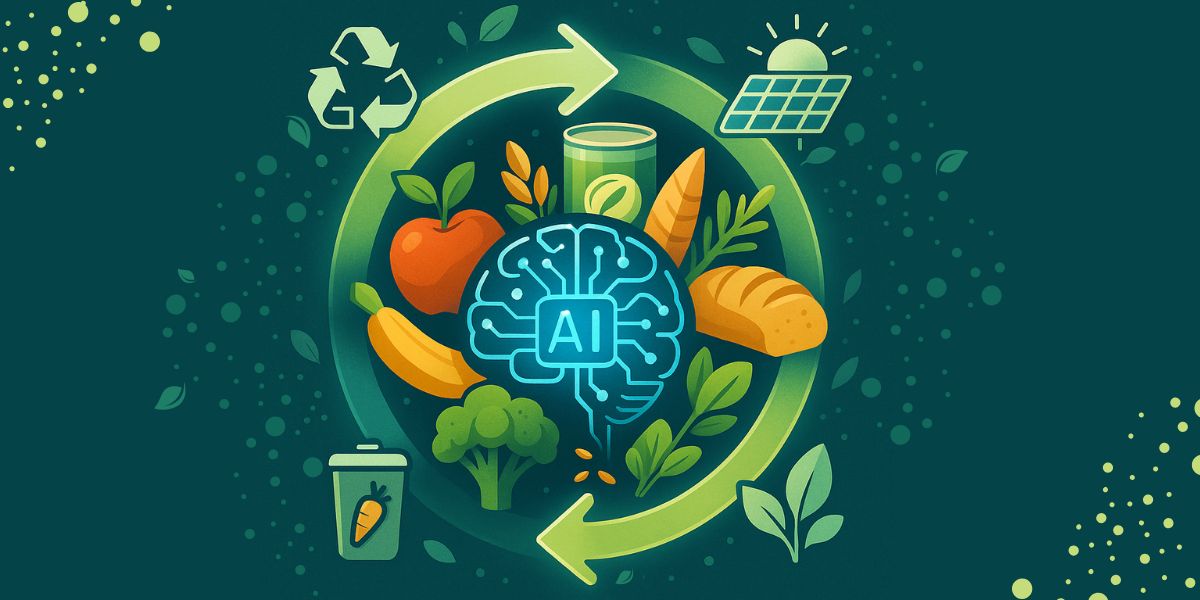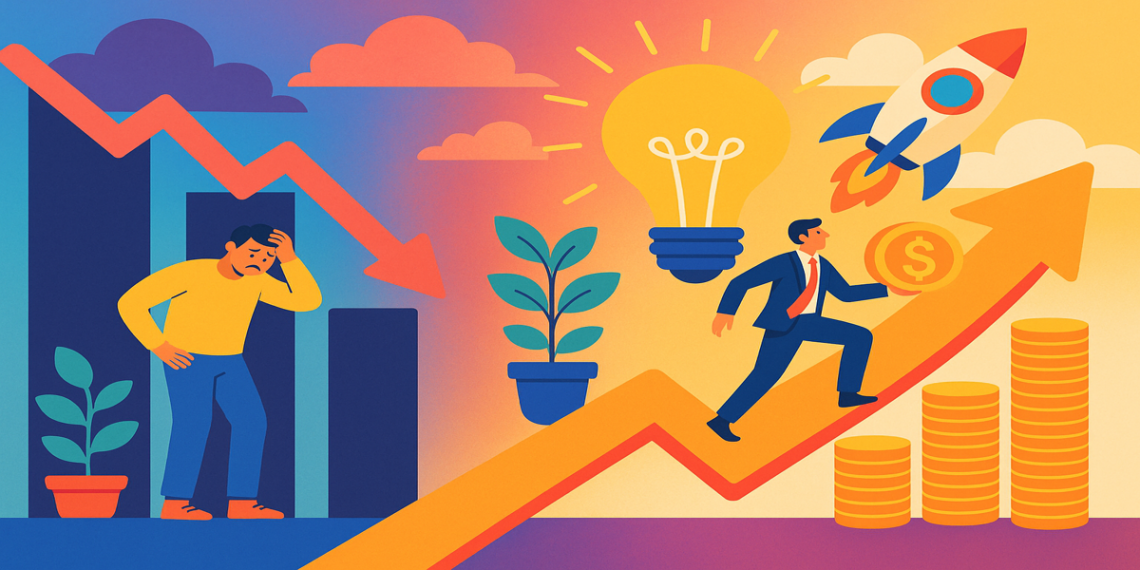In the food and beverage industry, new product development has always been a race to meet shifting consumer tastes, hit nutritional targets, stay compliant, and beat competitors to market. But now there’s a new layer to the challenge: sustainability.
Consumers want cleaner labels, less waste, and real action on climate. Retailers are favoring products with eco-credentials. And regulators are turning up the pressure. As a result, circular economy thinking- designing products and systems to minimize waste and maximize reuse- is no longer optional. It must begin at the product development stage
That’s where artificial intelligence is stepping in.
The Circular Economy: More Than Just Packaging
The circular economy in food and beverage isn’t just about recyclable packaging. It’s about reducing food waste, designing with shelf life in mind, rethinking ingredient sourcing, and creating systems where materials, whether food or packaging, stay in circulation as long as possible. This is a complex challenge, and AI is uniquely equipped to help solve it.
AI-Driven Formulation: Smarter Ingredients for a Smaller Footprint
AI can now analyze vast ingredient databases, nutritional requirements, cost constraints, and shelf-life data to generate optimized product formulations. Want to reduce your carbon footprint? AI can suggest ingredient swaps based on sourcing location, emissions, or the availability of upcycled alternatives - and do it all in seconds. This turns sustainability from a constraint into a design feature.
Reimagining Packaging with AI
Packaging is another major lever. Most food packaging still ends up in landfill. To change that, companies need packaging that’s recyclable, compostable, or reusable -but also safe, functional, and aligned with brand identity. AI helps by modeling how different materials affect food safety, shelf life, and environmental impact. It accelerates decision-making without compromising on performance or compliance.
Simulating the Full Product Lifecycle
Product teams also use AI to simulate a product’s full lifecycle, including energy use, spoilage rates, consumer behavior, and end-of-life disposal. This is especially important in an industry where food waste alone is worth over $1 trillion globally. With this kind of modeling, teams can identify sustainability wins early - before a product ever hits the market.
Demand Forecasting to Reduce Overproduction
Overproduction leads to spoilage, markdowns, and waste -all of which undercut both profitability and circular goals. AI systems now predict demand using real-time data from weather, holidays, consumer trends, and even local events. The result: smarter batch sizes, tighter inventory, and lower waste.
Turning Post-Consumer Data Into Product Intelligence
With digital tracking, smart packaging, or connected retail systems, companies can gather real-world data on how products are consumed, stored, and discarded. AI can process that data to find patterns - helping teams make the next generation of products more durable, more sustainable, and more aligned with how consumers actually use them.
Circular Innovation Without the Tradeoffs
In short, AI makes circular product development faster, smarter, and more achievable. It helps teams make better decisions, reduce risk, and align sustainability with business goals -not fight against them.
The food and beverage industry has no shortage of innovation. But now, it’s not just about what’s new. It’s about what’s next, and what lasts. AI is the tool that’s helping companies build the future of food: less waste, better products, smarter systems.
And the companies that figure this out first? They won’t just be sustainable. They’ll be unstoppable.




